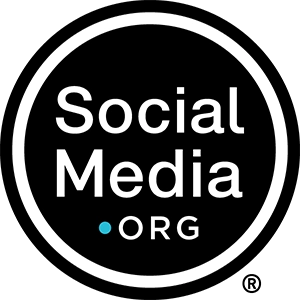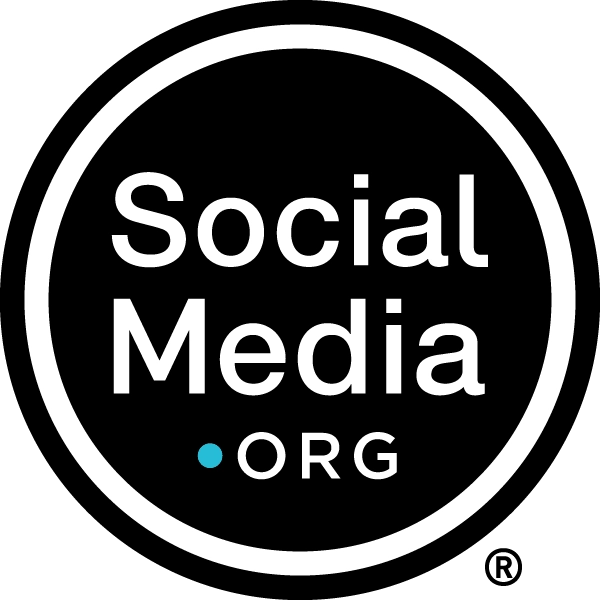Key takeaways:
- Structured crisis response: Establish clear escalation criteria and threat levels to swiftly identify and respond to crises, minimizing harm and maintaining public trust.
- Timely communication and coordination: Coordinate with internal teams and key stakeholders for effective crisis management to enable prompt alerts and streamlined follow-up actions.
- Comprehensive crisis communication playbooks: Develop robust playbooks outlining clear protocols, roles, and responsibilities for social media crisis management to make sure your team is prepared for any scenario.
Crisis management is a familiar challenge for hospital social media teams. Whether it’s responding to social media attacks, dealing with the complexities of a pandemic, or addressing the aftermath of tragic events, your social media team plays a critical role in safeguarding your hospital’s reputation.
Using insights from several SocialMedia.org Health members-only discussions, we’ll explore how hospital social media leaders are navigating cultural and crisis moments while shaping effective social media strategies.
Set Escalation Criteria and Determine Threat Levels
One key strategy that our Board Members discussed in a confidential discussion on crisis management planning was establishing clear escalation criteria and determining threat levels.
Our members emphasized the need for a structured approach to promptly identify, assess, and escalate crises.
By defining thresholds for different types of challenges, they shared how your team can ensure swift and appropriate responses, minimize potential harm, and maintain public trust – especially with patients.
Alert Necessary Internal Teams and Manage Follow-Up in Your Hospital Social Media Strategy
Timely communication is essential during a crisis. Members said their teams often serve as the frontline responders, identifying and reporting crises as they unfold.
However, coordinating with key internal contacts and decision-makers is vital for effective crisis management.
SocialMedia.org Health members highlighted the importance of establishing communication channels to promptly alert relevant stakeholders, enabling coordinated responses and streamlined follow-up actions.
Build Effective Crisis Communication Playbooks
Comprehensive social media crisis communication playbooks are essential. While many of our Board Members reported that they have established crisis response protocols, they said more guidance is often needed regarding social media-specific issues.
Members shared how they are actively working to bridge this gap by developing robust playbooks that outline clear protocols, roles, and responsibilities for social media crisis management.
Move Toward a Command Center Structure
Some members expressed a desire to transition toward a “command center structure” for crisis management. Those in favor of this emphasized the need for centralized coordination and rapid decision-making.
They suggested hiring dedicated personnel, such as a VP of Crisis Communications, to highlight the pivotal role that social media plays in crisis planning and preparation to your executives.
Best Practices for Crisis Management Planning
From the planning phase to the testing phase, here are some best practices that were shared for crisis management preparation:
- Establish a designated place on the hospital website for regular updates and information dissemination.
- Collaborate closely with media relations teams to ensure alignment and consistent messaging across all communication channels.
- Utilize multiple communication channels to reach diverse audiences and provide timely updates.
- Maintain a robust crisis manual that is reviewed regularly and updated to reflect evolving threats and scenarios.
- Be prepared with a list of news desks where you can send a quick statement if you need to reach the community quickly.
Our Board Members also recommended some innovative approaches to help prepare for any potential crises.
One such approach discussed was conducting virtual crisis simulations and stress tests. By utilizing online ‘war rooms’ and crisis tabletop exercises, our members said your team can simulate real-life crisis scenarios and test their response capabilities.
This will help you identify areas that require improvement and make necessary changes to ensure that your team is better equipped to handle crises in the future.
Align Your Content to Brand Values and Keep Aware of the Hospital Social Media Atmosphere
Reina Hilliard, Social Media Specialist at Bon Secours Mercy Health, explained how her team carefully considers the hospital’s values and principles when determining which moments to engage with and how to relate them to their mission.
For example, Reina said her team refrained from taking sides during recent political division on social media and instead focused on promoting messages of peace and solidarity.
“We didn’t take any sides because it wasn’t for us to take sides,” Reina said. “So we put out a prayer for peace because, for us, this was what we felt everyone needed to see.”
She added that this approach aligns with their commitment to fostering understanding and compassion in tumultuous times. By offering prayers for peace, Reina noted that Bon Secours Mercy Health can acknowledge the gravity of situations and reinforces their dedication to serving as a source of comfort and support for their community.
“People like to start conversations with brands that have nothing to do with the original posts.”
Reina Hilliard, Social Media Specialist at Bon Secours Mercy Health
Reina also said they have a proactive approach to staying informed and monitoring the social climate.
“For example, when Roe v. Wade was overturned, we were a lot more careful about anything that had to do with maternal care because we knew that if we put something out, people like to start conversations with brands that have nothing to do with the original posts,” Reina said.
She noted that dedicating resources to daily news checks and social media analysis is critical, and your communications should remain relevant and sensitive to current events.
Strategize Your Crisis Management Plans with Top Hospital Social Media Leaders
SocialMedia.org Health members reported that they continuously navigate cultural and crisis moments with resilience, innovation, and a commitment to improvement.
Learn how membership in SocialMedia.org Health can help strengthen your crisis management strategy and better serve your audience and organization.


